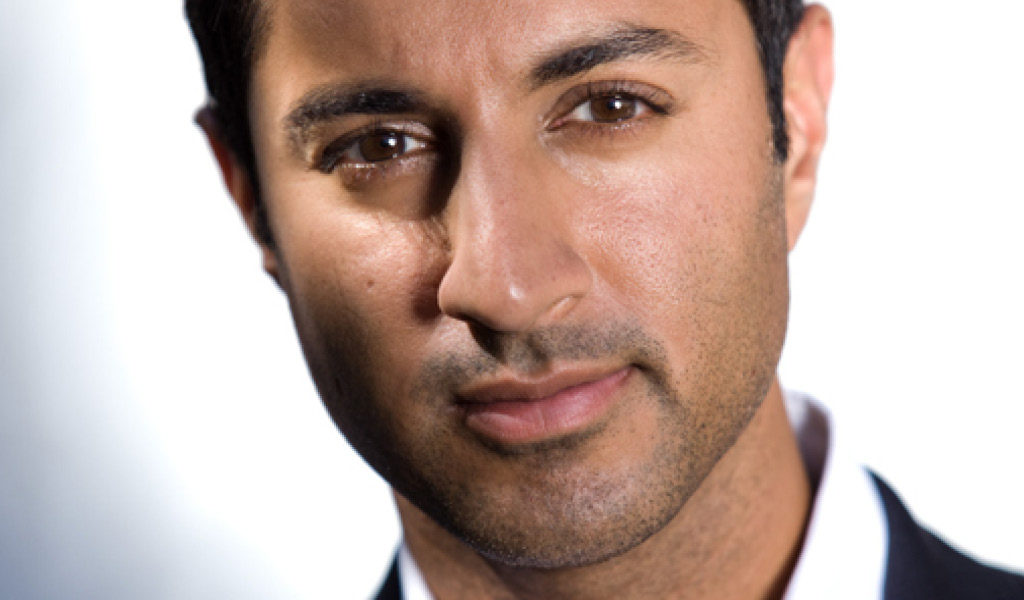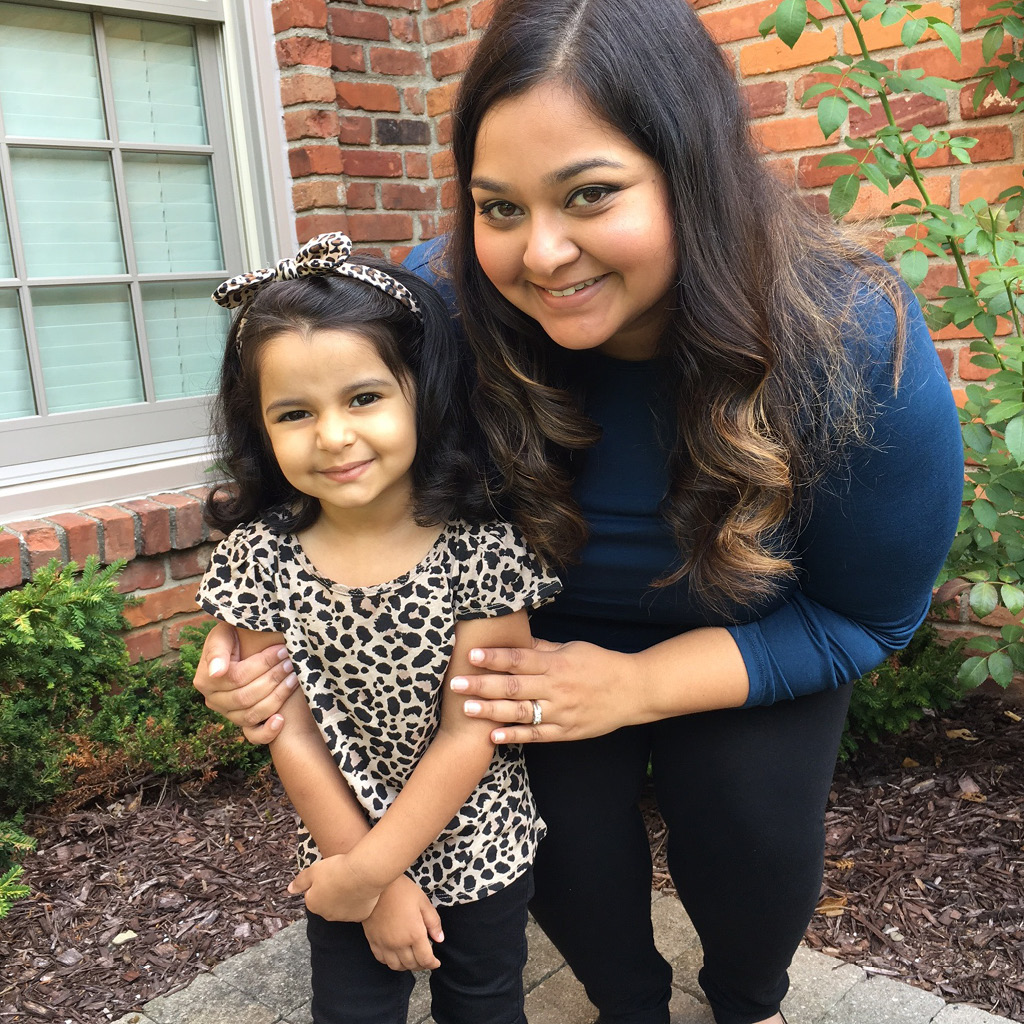
 How can communities better educate themselves and be more inclusive of those who participate in the Sikh faith?
How can communities better educate themselves and be more inclusive of those who participate in the Sikh faith?
There are numerous resources online of Sikhs and the Sikh faith, and being more inclusive. I very highly recommend the “About Sikhs” section of the Sikh Coalition’s website. That said, the best education comes from person to person interaction. You’ll find that there is more that binds us together as human beings and divides us. In terms of inclusion, the Sikh Coalition’s Resources section is very helpful. It includes a plethora of resources on combatting school bullying against Sikh children, resources for educators on Sikhs, and resources on combatting discrimination.
You have spent a great deal of time in courtrooms defending the ability for individuals to avoid discrimination based on their faith. Have you ever been bullied because of your faith or ethnicity? If so, could you share what happened?
 I have endured discrimination in various forms, from name-calling to violence, since I was young until today. Like many children, I experienced school bullying. This included name-calling and harassment by classmates because of my faith or perceived faith. My message to young people enduring bullying is first that it’s wrong and that there are people who will support you likely within your school, and certainly outside your school if you reach out to them. There is no reason to feel shame, you have done nothing wrong, but you must reach out to those who will help you if you can’t help yourself.
I have endured discrimination in various forms, from name-calling to violence, since I was young until today. Like many children, I experienced school bullying. This included name-calling and harassment by classmates because of my faith or perceived faith. My message to young people enduring bullying is first that it’s wrong and that there are people who will support you likely within your school, and certainly outside your school if you reach out to them. There is no reason to feel shame, you have done nothing wrong, but you must reach out to those who will help you if you can’t help yourself.
Did it influence your decision to become a civil rights attorney?
My experience with school bullying led me to be a civil rights advocate as an adult. It’s my hope that people realize that with time, it does get better, and that you can turn your pain from school bullying into progress over time if you reach out and take action.
What do you think are the best ways for someone being bullied to respond?
The most important response is to talk about it, don’t hold it in. People will support you if you reach out. You are not alone and you have done nothing wrong.
Being a parent, what do you do to communicate to your children about the value of diversity?
 I say to my children that light and love is in every human being and one of the most important things we will ever do in our lifetimes is to bring out light and love in every person not matter who they are, their race, gender, sexual orientation, faith, and the like.
I say to my children that light and love is in every human being and one of the most important things we will ever do in our lifetimes is to bring out light and love in every person not matter who they are, their race, gender, sexual orientation, faith, and the like.
How do you share the concept of bullying with your children? What ways do you bring that subject up as a parent and how your child should react if they see bullying?
My children are relatively young and so I have not spoken to them a great deal about bullying. I will always encourage my children to talk about it when it happens to their teachers and to their parents, whether it occurs to them or someone else. I would also hope that my children will be upstanders and stand up for children experiencing bullying when they see or hear it.
It is so important that parents are able to Stand Up, Stand Out in their communities to encourage bullying prevention through a program like #Day1. How does your child’s school community discuss the impacts of bullying, and what do you feel needs to be done (or is being done) to prevent bullying, harassment and hostility from impacting students?
We are blessed to live in a school district in Hoboken that takes a very active stance to address school bullying. All public school districts have a dedicated staff member to leads anti-bullying efforts in schools—something I have never had as a child growing up in New Jersey—and the school regularly holds programs on school bullying. I think an active culture, like what we have in Hoboken, where school leadership actively names the problem and makes clear that bullying is inappropriate is a critical foundation for combatting it.
If you could say something to a person being bullied, what would you say?
You are loved. You have done nothing wrong. Be who you are and be free. You have support. Don’t be afraid to speak out. If you do, you will receive support eventually.
Ravinder (or Ravi, for short) Bhalla was born and raised in New Jersey, is most proud of his work as a civil rights lawyer, and looks forward to serving all and serving my constituents as Hoboken’s incoming Mayor. Follow him on Twitter, Facebook, and Instagram.
The views or experiences expressed are solely those of the contributor or interview subject and do not represent the views of the Tyler Clementi Foundation, its staff or board. If you have any questions or concerns regarding the material, please contact the Tyler Clementi Foundation, and we appreciate your support and commitment to end bullying starting on #Day1.




 Disengage: Breathe in. Breathe Out. You know your situation and your family better than anyone. Do you really believe that engaging that relative pro-actively or reactively is going to change anyone’s mind or not ended up in tempers rising? Consider resisting the temptation to engage or stepping away when it is brought up. Family is family and holidays should be enjoyable.
Disengage: Breathe in. Breathe Out. You know your situation and your family better than anyone. Do you really believe that engaging that relative pro-actively or reactively is going to change anyone’s mind or not ended up in tempers rising? Consider resisting the temptation to engage or stepping away when it is brought up. Family is family and holidays should be enjoyable. Feel Empowered: For those who don’t want to “agree to disagree” and want to feel more empowered, consider telling your personal story and not letting it escalate. Is there a way to explain calmly that elections have consequences for actual people—people like you, people who are minorities? Tell the story of an LGBT, immigrant, Muslim or disabled person you know and maybe just maybe you will feel more empowered that you planted a seed of empathy.
Feel Empowered: For those who don’t want to “agree to disagree” and want to feel more empowered, consider telling your personal story and not letting it escalate. Is there a way to explain calmly that elections have consequences for actual people—people like you, people who are minorities? Tell the story of an LGBT, immigrant, Muslim or disabled person you know and maybe just maybe you will feel more empowered that you planted a seed of empathy. Find Common ground: Think about values instead of positions or candidates. We all share similar values even if our actions demonstrate contradictions. Nearly all people support fairness, liberty, public health, a clean environment, caring for the less fortunate, etc. Center conversations around values. If you take up all the moral high ground, you leave little room for people to stand with you.
Find Common ground: Think about values instead of positions or candidates. We all share similar values even if our actions demonstrate contradictions. Nearly all people support fairness, liberty, public health, a clean environment, caring for the less fortunate, etc. Center conversations around values. If you take up all the moral high ground, you leave little room for people to stand with you.






















































































































 How do you teach your daughter to advocate for herself in a given situation?
How do you teach your daughter to advocate for herself in a given situation?

 During the Obama Administration, you were appointed by President Obama to serve on the President’s Advisory Commission on Asian Americans and Pacific Islanders. Please share about the importance of AAPI representation and how you are continuing that great work now.
During the Obama Administration, you were appointed by President Obama to serve on the President’s Advisory Commission on Asian Americans and Pacific Islanders. Please share about the importance of AAPI representation and how you are continuing that great work now.
 In today’s world, bullying is everywhere: on social media, in schools, at work, and in politics. I think the biggest problem we have is that children aren’t being taught to empathize.
In today’s world, bullying is everywhere: on social media, in schools, at work, and in politics. I think the biggest problem we have is that children aren’t being taught to empathize.